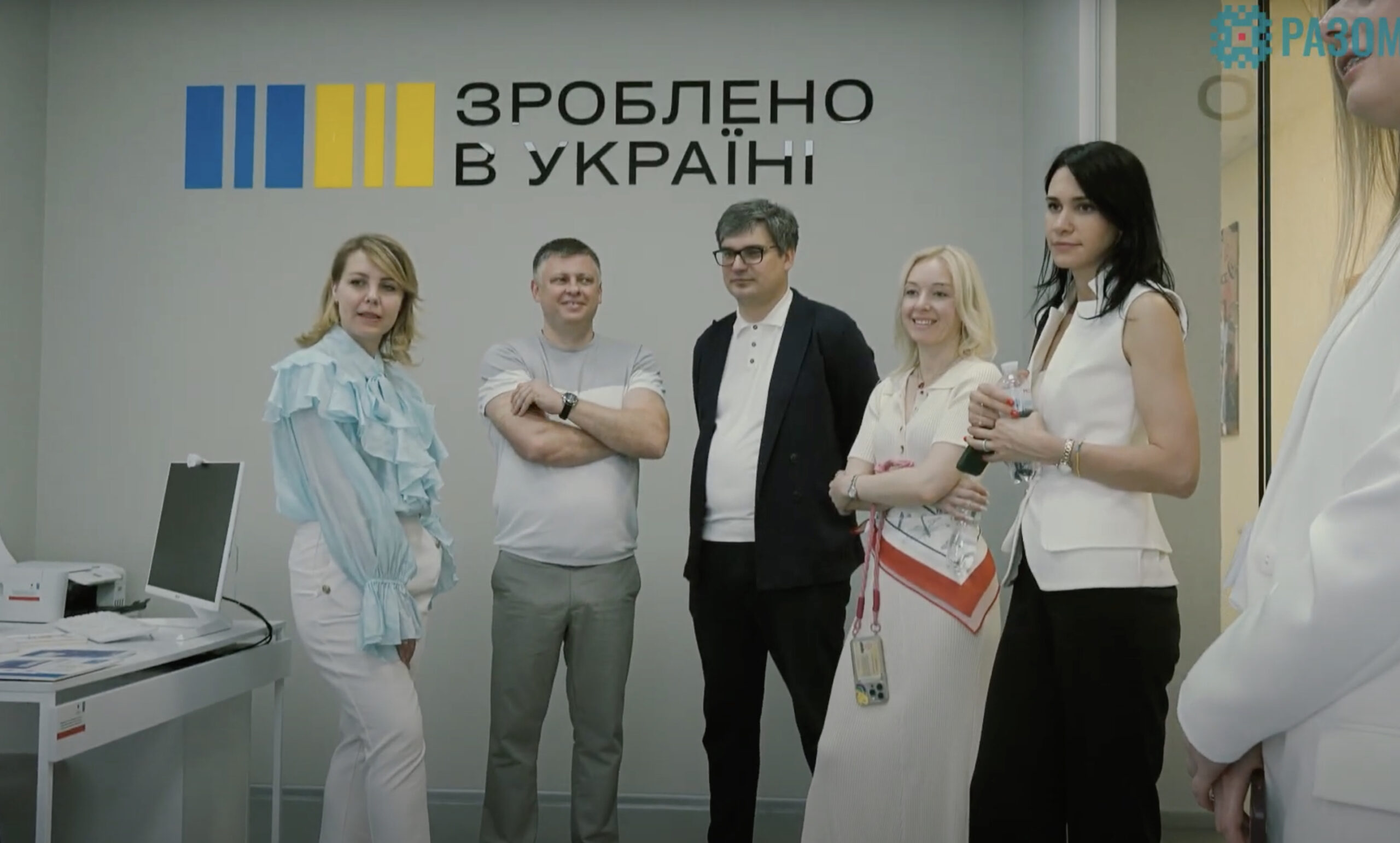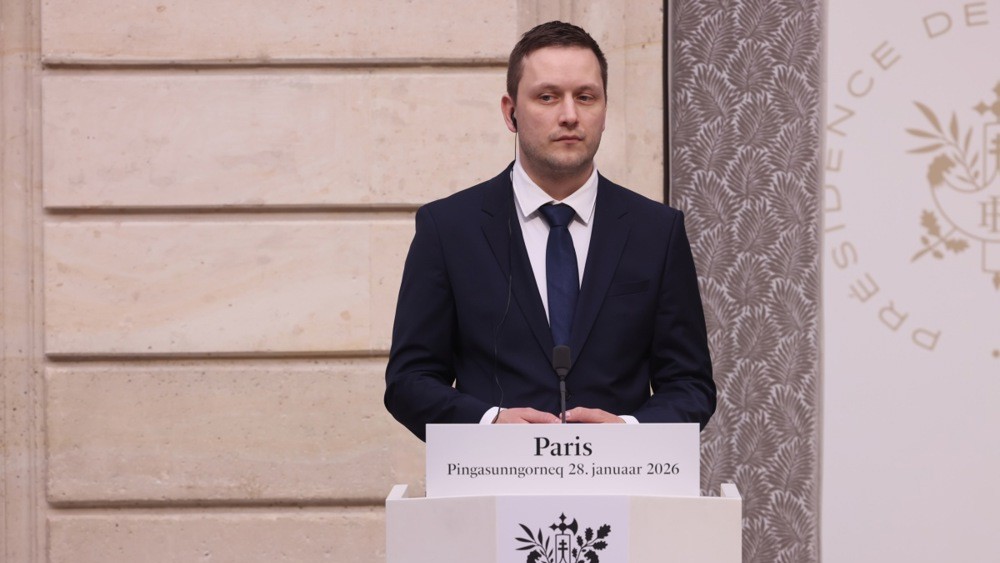How can we increase production and bring Ukraine back into the club of leading economies in the world? And is such a task even realistic?
The Curse of Deindustrialization
Those who point out that there has been significant destruction of Ukraine's production potential during the years of independence are correct. At the time of the collapse of the USSR, Ukraine confidently ranked among the top ten economies in the world, and according to some estimates, even in the top seven, but by the beginning of the full-scale invasion, it was barely closing the sixth dozen.
However, it is hardly worth lamenting the industrial complex of the Soviet era—it was inefficient and excessively costly in terms of all types of resources, overly militarized, and tied to artificially created and generally unjustified production connections. The sole purpose of those connections was to economically prevent the collapse of the USSR into separate republics—but, as we can see, that did not help either.
Nevertheless, the dismantling of the Soviet-type economy in Ukraine occurred according to a catastrophic scenario. A significant industrial potential was lost along with the opportunities for its modernization, attracting investments, and so on.
Systemic deindustrialization has become a curse for Ukraine. Modern IT startups, the agricultural sector, the service industry, construction, and traditional export industries with low added value will not be able to pull the Ukrainian economy to the positions that will ensure a decent existence for Ukraine.
Modern production is needed. A deindustrialized post-Soviet economy is not viable, especially when it comes to producing weapons.
Made or Done?
Producing anything in Ukraine is very difficult. For many reasons—there is bureaucratic red tape, general pressure from the state and various government structures on business, and most importantly, the lack of a production base. For example, when a part is needed, it has to be ordered from China because nothing like that is made at home anymore. There is no one to do it, no equipment, and the factory where such things were made is also gone. It seems like it has been made.
The Chinese Experience as a Model
We need to study the Chinese experience, although it may already be a bit late. China also faced the problem of dismantling Soviet-type production complexes and transitioning to modern forms of organization and placement of production.
Chinese communists, unlike their Ukrainian counterparts, did not take the path of handing over the national industrial potential to a few oligarchic clans. On the contrary, they created conditions for the fragmentation of large enterprises, the formation of industrial "clusters" of related specialization, cooperation, and horizontal connections, and of course, foreign and domestic investment. And all this was done while preserving the existing production potential.
The key difference in the Chinese approach: if you want to start producing something in China, you don’t need to order anything from China because you are already in China. Equipment, components, materials, any parts and tools, labor resources, infrastructure, and logistics of a giant working economy that produces anything—are at your service, here and now.
What We Can Do in Ukraine
We must ensure that things are made in Ukraine, not just done. Promoting the development of production should become the number one priority for the state and local authorities—especially now, when what is happening is happening, and local self-government bodies have finally gained more influence over economic issues.
The "Made in Ukraine" Program
We already have a good experience working with micro and small businesses under the "Made in Ukraine" program. This initiative demonstrates that even in difficult conditions, it is possible to develop national production, support local entrepreneurs, and create high-quality products.



